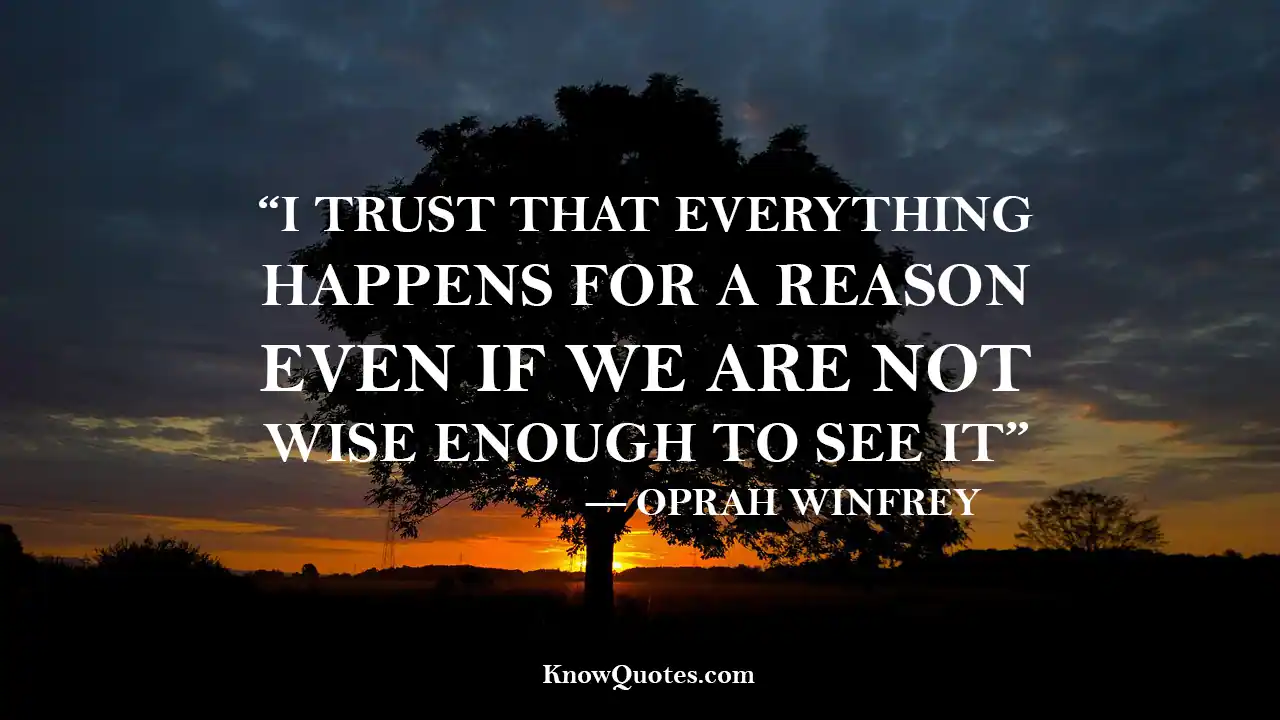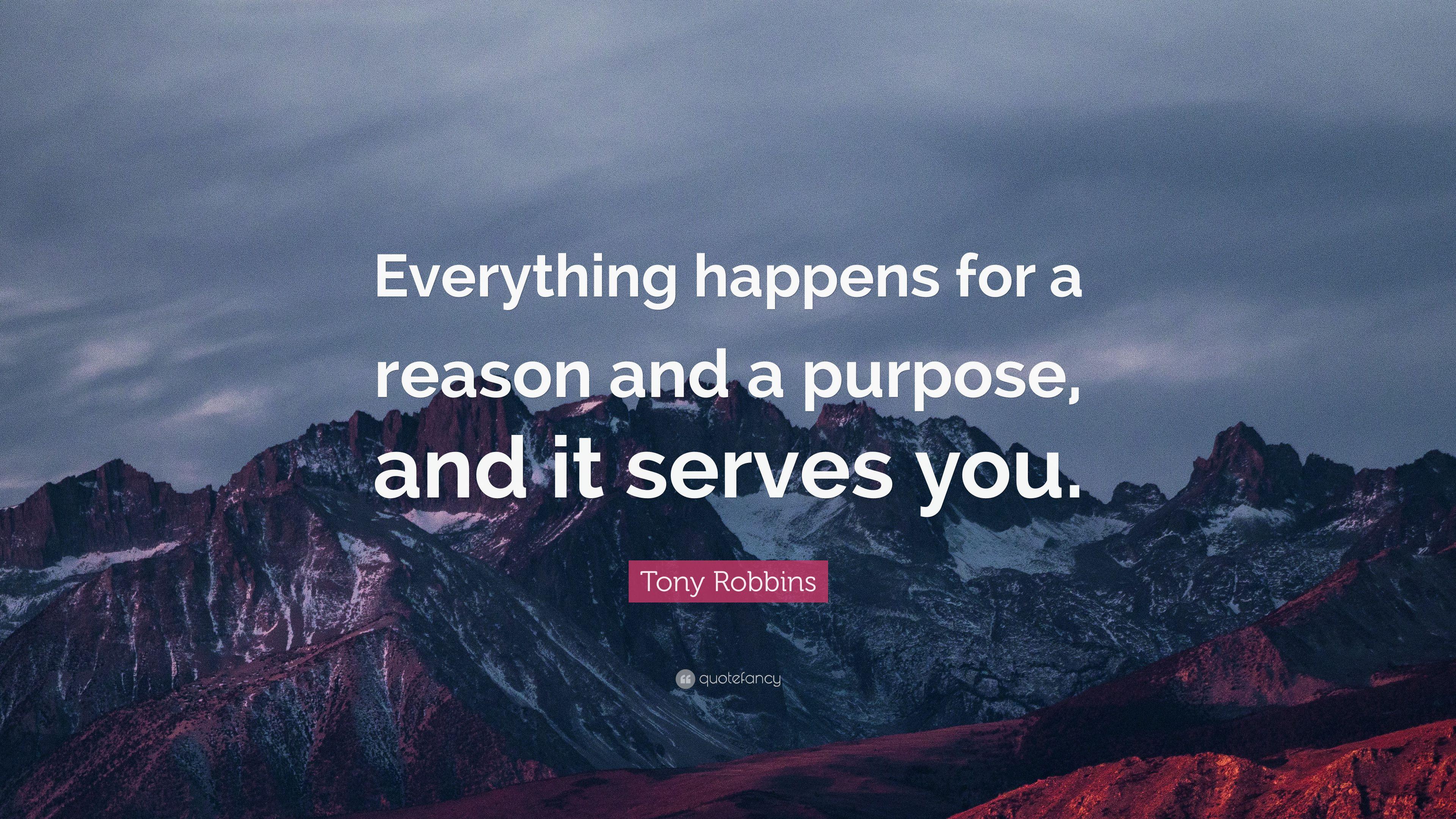You’ve probably heard the phrase “everything happens for a reason” more times than you can count. Whether it’s from a well-meaning friend or a random quote on social media, this saying has become a staple in our everyday conversations. But what does it really mean? Is it just a cliché, or is there something deeper behind it? Let’s dive into the world of “everything happens for a reason sayings” and uncover the wisdom that lies beneath.
Life is unpredictable, messy, and sometimes downright confusing. We all experience moments when things don’t go as planned—relationships end, jobs don’t work out, or dreams seem to slip through our fingers. It’s during these times that people often turn to sayings like “everything happens for a reason” to find comfort. But is it just a band-aid for emotional pain, or is there real power in believing that every moment has a purpose?
In this article, we’ll explore the meaning behind this phrase, its origins, and how it can shape the way we view life’s challenges. Whether you’re a believer or a skeptic, by the end of this piece, you might just find yourself rethinking the way you approach life’s twists and turns.
Read also:Benoicirct Maupu The Rising Star Whorsquos Turning Heads In The Football World
Here’s a quick overview of what we’ll cover:
- What Does “Everything Happens for a Reason” Really Mean?
- Historical Roots of the Saying
- How to Use “Everything Happens for a Reason” in Daily Life
- Famous Quotes and Inspirational Sayings
- Scientific Perspectives on Fate and Destiny
- Why Some People Disagree with the Saying
- Practical Tips for Embracing Life’s Uncertainty
Table of Contents
- What Does “Everything Happens for a Reason” Really Mean?
- Historical Roots of the Saying
- How to Use “Everything Happens for a Reason” in Daily Life
- Famous Quotes and Inspirational Sayings
- Scientific Perspectives on Fate and Destiny
- Why Some People Disagree with the Saying
- Practical Tips for Embracing Life’s Uncertainty
- The Psychology Behind Believing in a Greater Purpose
- Religious and Spiritual Perspectives
- Conclusion: Finding Meaning in Life’s Journey
What Does “Everything Happens for a Reason” Really Mean?
Let’s face it—life doesn’t always make sense. Sometimes, we’re hit with setbacks that seem unfair or cruel. But the idea behind “everything happens for a reason” is that even the most difficult experiences can serve a greater purpose. It’s not about justifying pain or suffering; it’s about finding meaning in the chaos.
This saying encourages us to trust the process, even when we can’t see the bigger picture. It suggests that every moment—good or bad—has a role to play in shaping who we are. For some, it’s a source of comfort; for others, it’s a way to make sense of the world.
Here’s the thing, though: the meaning of this phrase can vary depending on who you ask. For some, it’s tied to spiritual beliefs or the idea of fate. For others, it’s more about personal growth and learning from challenges. The beauty of this saying is that it’s flexible enough to fit different perspectives.
Breaking Down the Phrase
- “Everything”: This part reminds us that no experience is insignificant. Even the smallest moments can have an impact.
- “Happens”: Life unfolds in ways we can’t always control, and that’s okay.
- “For a Reason”: This is the heart of the saying. It suggests that there’s a purpose behind every event, even if we don’t understand it right away.
Historical Roots of the Saying
Believe it or not, the idea that “everything happens for a reason” isn’t a modern invention. It has roots in ancient philosophy and religious teachings. The Stoics, for example, believed in the concept of logos—a universal order that governs the world. They saw every event as part of a larger plan, whether it seemed good or bad at the time.
In Eastern philosophies, concepts like karma and dharma also align with this idea. Karma suggests that our actions have consequences, while dharma emphasizes living in harmony with a higher purpose. These ideas have influenced cultures around the world for centuries.
Read also:Cashnasty Age The Ultimate Guide To Understanding The Phenomenon
Even in Western religions, there’s a strong emphasis on faith and trust in a higher power. Many religious texts teach that God or the universe has a plan, even when it’s hard to see. This belief has been passed down through generations, shaping the way people view life’s challenges.
Modern Interpretations
Today, the saying has taken on a more secular tone. It’s often used in self-help books, motivational speeches, and social media posts. While the language might be different, the core message remains the same: trust that there’s a reason for everything, even when it doesn’t feel like it.
How to Use “Everything Happens for a Reason” in Daily Life
So, how do you actually apply this idea to your everyday life? It’s not always easy, especially when you’re in the middle of a tough situation. But here are a few practical ways to embrace this mindset:
- Focus on the lesson: Instead of dwelling on what went wrong, ask yourself what you can learn from the experience.
- Practice gratitude: Even in difficult times, try to find something to be thankful for. Gratitude can shift your perspective and help you see the bigger picture.
- Trust the process: Life is a journey, not a destination. Trust that every step, no matter how small, is leading you where you need to go.
Of course, it’s important to acknowledge that this mindset won’t solve all your problems. Sometimes, life is just hard, and that’s okay. The goal isn’t to ignore your feelings but to find a way to move forward with hope and resilience.
Famous Quotes and Inspirational Sayings
If you’re looking for inspiration, there’s no shortage of quotes about “everything happens for a reason.” Here are a few of our favorites:
- “The only way to make sense out of change is to plunge into it, move with it, and join the dance.” – Alan Watts
- “We do not see things as they are, we see them as we are.” – Anais Nin
- “Life doesn’t happen to you, it happens for you.” – Jack Canfield
These quotes remind us that our perspective shapes the way we experience life. When we choose to see challenges as opportunities, we open ourselves up to growth and transformation.
Creating Your Own Sayings
Why stop at famous quotes? You can create your own sayings that resonate with your personal beliefs. For example:
- “Every storm makes me stronger.”
- “Even the darkest nights lead to brighter mornings.”
- “Life’s detours are often the best part of the journey.”
Personalizing these sayings can make them more meaningful and relevant to your life.
Scientific Perspectives on Fate and Destiny
While the idea of “everything happens for a reason” is often tied to spirituality, there’s also a scientific perspective to consider. Researchers have studied the concept of determinism—the idea that every event is caused by previous events. While this doesn’t necessarily mean there’s a higher purpose, it does suggest that everything is interconnected.
Studies in psychology have also explored the benefits of finding meaning in adversity. People who believe that challenges have a purpose tend to experience less stress and greater resilience. This doesn’t mean they ignore their pain; it means they find a way to make sense of it.
Of course, science can’t answer all the big questions about life. But it does offer a fascinating perspective on how our brains process uncertainty and make meaning out of chaos.
Exploring the Brain’s Role
Our brains are wired to seek patterns and connections. When something unexpected happens, we naturally try to make sense of it. This process can lead to insights and growth, even in difficult situations. By understanding how our brains work, we can better navigate life’s uncertainties.
Why Some People Disagree with the Saying
Not everyone is a fan of the “everything happens for a reason” mindset. Critics argue that it can come across as dismissive or even harmful, especially in situations involving trauma or injustice. Telling someone that their pain has a purpose can feel like minimizing their experience.
Others point out that this mindset can lead to a passive attitude. If everything is predetermined, why bother trying to change things? While the saying can be empowering, it’s important to balance it with action and agency.
Ultimately, it’s up to each individual to decide how they want to interpret this idea. There’s no one-size-fits-all answer, and that’s okay.
Addressing Criticism
One way to address these concerns is to focus on the process rather than the outcome. Instead of saying “everything happens for a reason,” you might say “everything happens, and we can choose how to respond.” This shifts the focus from fate to personal responsibility, empowering individuals to take control of their lives.
Practical Tips for Embracing Life’s Uncertainty
If you’re ready to embrace the idea that “everything happens for a reason,” here are a few practical tips to get you started:
- Keep a journal: Write down your thoughts and feelings about challenging situations. Over time, you might start to see patterns or lessons emerge.
- Practice mindfulness: Stay present in the moment without judgment. This can help you approach challenges with a clearer mind.
- Seek support: Talk to friends, family, or a therapist about your experiences. Sometimes, an outside perspective can help you see things in a new light.
Remember, this journey is unique to you. There’s no right or wrong way to approach life’s uncertainties. The key is to stay open, curious, and compassionate.
Making It Personal
At the end of the day, the meaning of “everything happens for a reason” is up to you. Whether you view it as a spiritual truth, a psychological tool, or just a comforting phrase, it can be a powerful reminder that life is full of possibilities. By embracing this mindset, you can find strength in the face of adversity and joy in the journey itself.
The Psychology Behind Believing in a Greater Purpose
Believing that everything happens for a reason taps into a fundamental human need: the need for meaning. Psychologists have long studied the importance of purpose in mental health and well-being. When we feel like our lives have meaning, we’re more likely to experience happiness, resilience, and fulfillment.
This belief can also help us cope with uncertainty. In a world that’s often chaotic and unpredictable, having a sense of purpose can provide a sense of stability. It’s like having a North Star to guide you through life’s storms.
Of course, finding purpose isn’t always easy. It requires self-reflection, patience, and a willingness to embrace the unknown. But the rewards are worth it—a life filled with meaning, connection, and growth.
Building a Sense of Purpose
If you’re struggling to find meaning in your life, here are a few tips to get you started:
- Identify your values: What matters most to you? Aligning your actions with your values can help you feel more fulfilled.
- Set meaningful goals: Whether it’s learning a new skill or helping others, setting goals can give you a sense of direction.
- Reflect regularly: Take time to reflect on your experiences and what you’ve learned from them. This can help you see the bigger picture.
Religious and Spiritual Perspectives
For many people, the idea that “everything happens for a reason” is deeply tied to their religious or spiritual beliefs. In Christianity, for example, the concept of divine providence suggests that God has a plan for everything. In Islam, the idea of qadr emphasizes the belief that all events are predestined by Allah.
Even in


